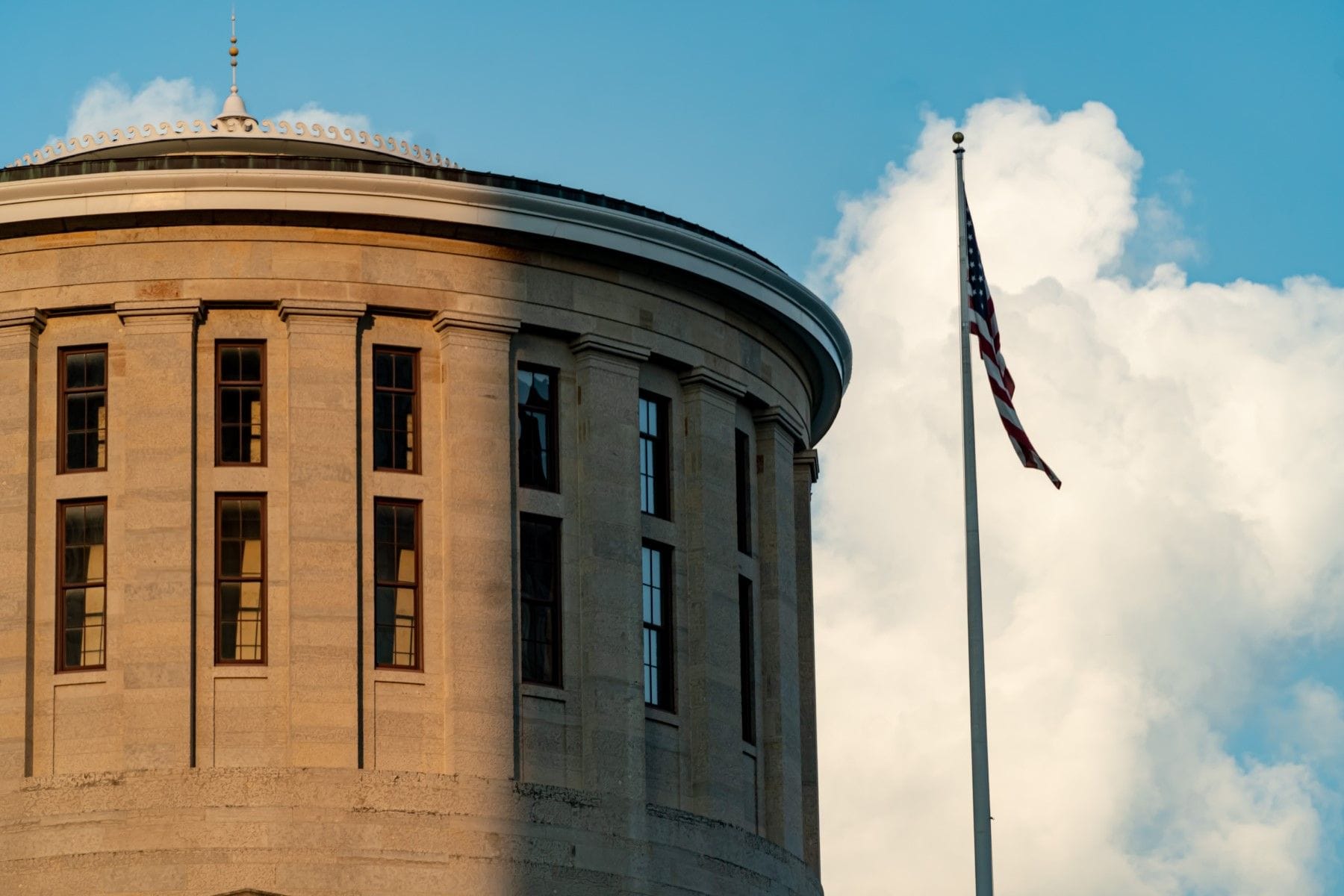Expert Witness Compensation Rules in Ohio
Ohio's expert witness compensation rules emphasize fair payment, transparency, and ethical standards, differentiating between retained experts and treating physicians.
Updated on
In this article
What Are the Rules Governing Expert Witness Compensation in Ohio?
In Ohio, the compensation of expert witnesses is governed by a combination of statutory provisions, rules of civil procedure, and case law interpretations. These rules ensure that expert witnesses are compensated fairly for their specialized knowledge and time while maintaining the integrity of judicial processes. Ohio's legal framework addresses various aspects of expert witness compensation, including the nature of the expert's involvement, the relevance of their testimony, and the standard of reasonableness in fee determination. Understanding these rules is crucial for attorneys and experts alike to navigate the compensation landscape effectively.
Fee Provisions in Ohio Rules of Civil Procedure
The Ohio Rules of Civil Procedure provide the foundational guidelines for expert witness compensation. Rule 26(B)(7) specifically addresses the discovery of expert witness fees. Under this rule, parties may obtain discovery regarding the compensation of experts who are expected to testify at trial. The rule ensures transparency in how experts are compensated, allowing opposing parties to scrutinize the reasonableness of the proposed fees.
Moreover, Rule 26(B)(4)(c)(i) of the Ohio Rules of Civil Procedure establishes that a party seeking discovery of facts and opinions from an expert retained by another party must pay the expert a reasonable fee for time spent in responding to discovery. This provision underscores that compensation must reflect the time and effort expended by the expert in providing their testimony, thus protecting experts from being undercompensated for their contributions to the judicial process.
Distinctions in Compensation: Retained Experts vs. Treating Physicians in Ohio
A key distinction in Ohio's approach to expert witness compensation lies in the differentiation between retained experts and treating physicians. Retained experts are those specifically engaged for the purpose of providing expert testimony. Their compensation is typically negotiated in advance and can include fees for preparation, travel, and court appearances.
Conversely, treating physicians, who may be called upon to testify about their treatment of a party, are generally not considered retained experts. Ohio courts have recognized that treating physicians' testimonies are based on their direct care of a patient rather than a hired evaluation. Consequently, their compensation may be limited to their standard hourly rate for time spent testifying, rather than a negotiated expert fee. This distinction is important for legal professionals to consider when planning for trial and budgeting for expert testimony.
Ohio Ethics Opinions and Bar Guidelines on Expert Compensation
Ohio's legal ethics opinions and bar guidelines provide additional insights into the permissible scope of expert witness compensation. The Ohio Supreme Court's Board of Professional Conduct has issued opinions emphasizing the ethical considerations surrounding expert compensation. These opinions highlight that compensating an expert based on the outcome of a case is unethical, as it may compromise the objectivity of the testimony.
Furthermore, the Ohio State Bar Association provides guidance on maintaining ethical standards in expert witness compensation. It advises attorneys to ensure that expert fees are reasonable and commensurate with the expert's experience, expertise, and the complexity of the case. Adhering to these guidelines helps attorneys avoid ethical pitfalls and reinforces the credibility of the expert's testimony.
Practical Tips for Structuring Expert Witness Fee Agreements in Ohio
When structuring fee agreements for expert witnesses in Ohio, it is essential to consider various factors to ensure clarity, fairness, and compliance with legal and ethical standards. Here are some practical tips to guide attorneys and experts in creating effective fee agreements:
- Clearly Define Scope of Work: Outline the specific tasks the expert will perform, including depositions, court appearances, and report preparation. This clarity helps prevent misunderstandings regarding compensation.
- Negotiate Fees Upfront: Establish compensation rates before engaging the expert’s services. This includes hourly rates, flat fees for specific tasks, and additional costs for travel or materials.
- Include Payment Terms: Specify payment timelines, such as retainer requirements, invoicing schedules, and due dates for payments. This ensures that both parties have a mutual understanding of financial expectations.
- Address Additional Expenses: Clearly state how additional costs (e.g., travel, lodging, and materials) will be handled. Determine whether these will be reimbursed at actual costs or based on a predetermined rate.
- Incorporate Contingency Clauses: Consider including clauses that address potential changes in the scope of work or unexpected delays, which might affect the agreed-upon fees.
- Document Changes in Agreement: Any adjustments to the fee structure or scope of work should be documented in writing and agreed upon by both parties to maintain transparency.
- Align with Ethical Guidelines: Ensure that the fee agreement adheres to Ohio's ethical standards regarding expert compensation, avoiding performance-based pay that could compromise the expert's objectivity.
By implementing these practical tips, attorneys can create comprehensive and fair fee agreements that protect the interests of both the expert witness and the legal proceedings.


